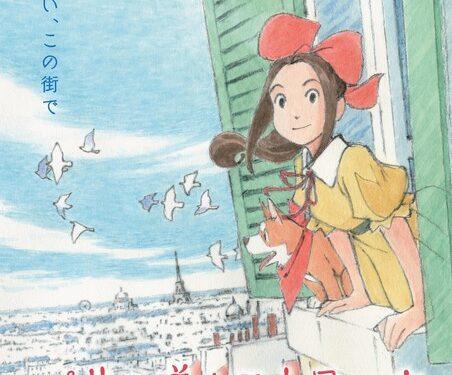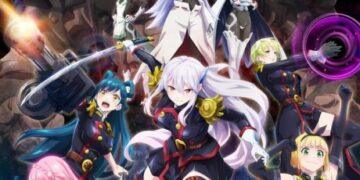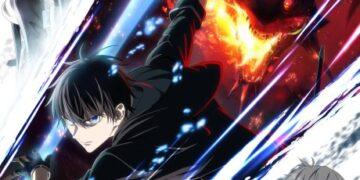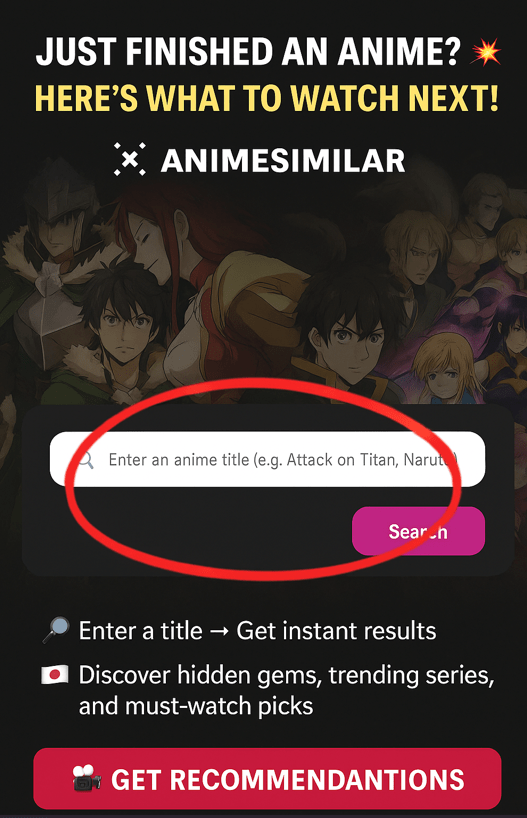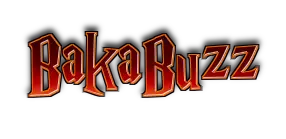The Influence of “Attack on Titan” on Modern Anime
“Attack on Titan,” known as “進撃の巨人” in Japanese, has evolved from a compelling manga to a global cultural phenomenon since its debut. Celebrated for its intense storytelling and intricate world-building, the series has left an indelible mark on both fans and the anime industry worldwide.
The Genesis of “Attack on Titan”
The inception of “Attack on Titan” can be traced back to its creator, Hajime Isayama, whose passion and unique vision were first realized in the manga serialized in Bessatsu Shōnen Magazine from September 2009. The narrative plunges readers into a dystopian world, dominated by gigantic humanoid creatures known as Titans. Humanity, cornered into walled cities, fights for survival, setting the stage for an epic tale of resistance and freedom.
Global Impact and Reception
Upon the launch of its anime adaptation in 2013, “Attack on Titan” quickly garnered international acclaim. The series, praised for its gripping plot and dynamic character arcs, managed to capture the imaginations of a global audience. Not only did it rejuvenate interest in the action and thriller genres, but it also set a benchmark for story-driven anime productions.
Critics and fans alike laud the series for its high animation quality and innovative action sequences. The intense opening theme songs, particularly “Guren no Yumiya” by Linked Horizon, have become iconic, elevating the auditory experience to match the visual intensity.
Influence on the Anime Industry
“Attack on Titan” sparked a renaissance within the anime community, inspiring a plethora of creators to develop complex, narrative-rich stories. Its success paved the way for similar high-concept series to be greenlit, shifting industry trends towards more mature and intricate narratives.
The series also demonstrated the potential of anime as a powerful medium for exploring deep philosophical themes. With its exploration of freedom, sacrifice, and the human condition, “Attack on Titan” has engaged audiences in profound dialogue, inviting reflection on various socio-political issues.
Extended Universe and Spin-offs
The franchise capitalized on its popularity by expanding its universe through spin-offs, novels, and video games. “Attack on Titan: No Regrets,” a prequel focusing on fan-favorite character Levi Ackerman, further enriched the lore, providing fans with additional layers of storytelling and character development.
Various merchandise, including figures, clothing, and accessories, have also been produced, allowing fans to express their admiration and connect with the series tangibly.
Continuing Legacy
As the anime concluded in 2023, its legacy persists through its passionate fanbase and the vast community it fostered online. Discussion forums and fan art continue to thrive, reflecting the enduring impact of “Attack on Titan” on pop culture.
The series’ conclusion invites retrospective analysis, with enthusiasts and critics revisiting its themes and legacy, ensuring that “Attack on Titan” remains embedded in the fabric of anime history.
Source: animeanime.jp

